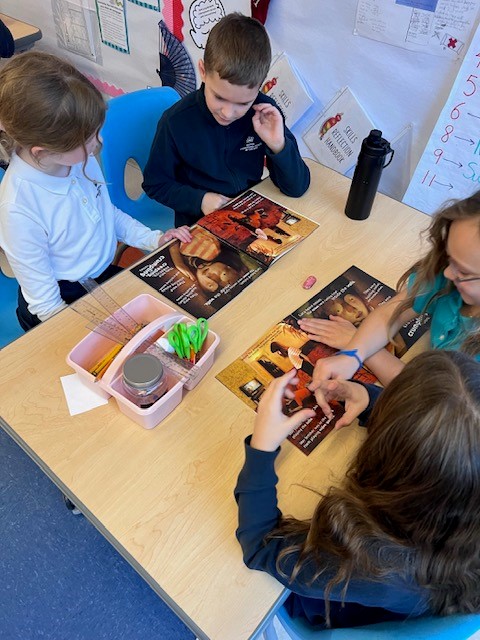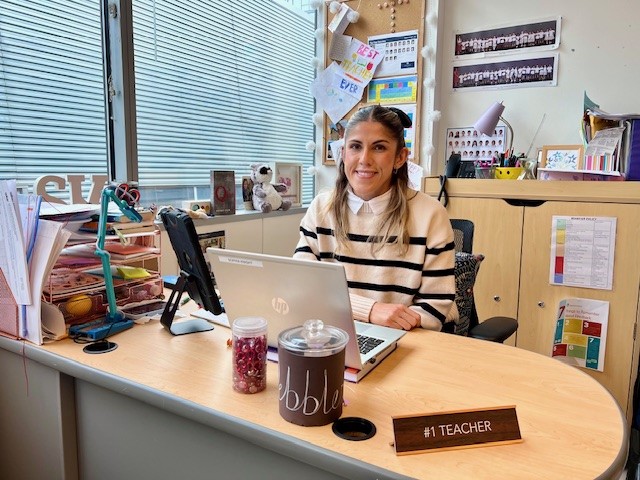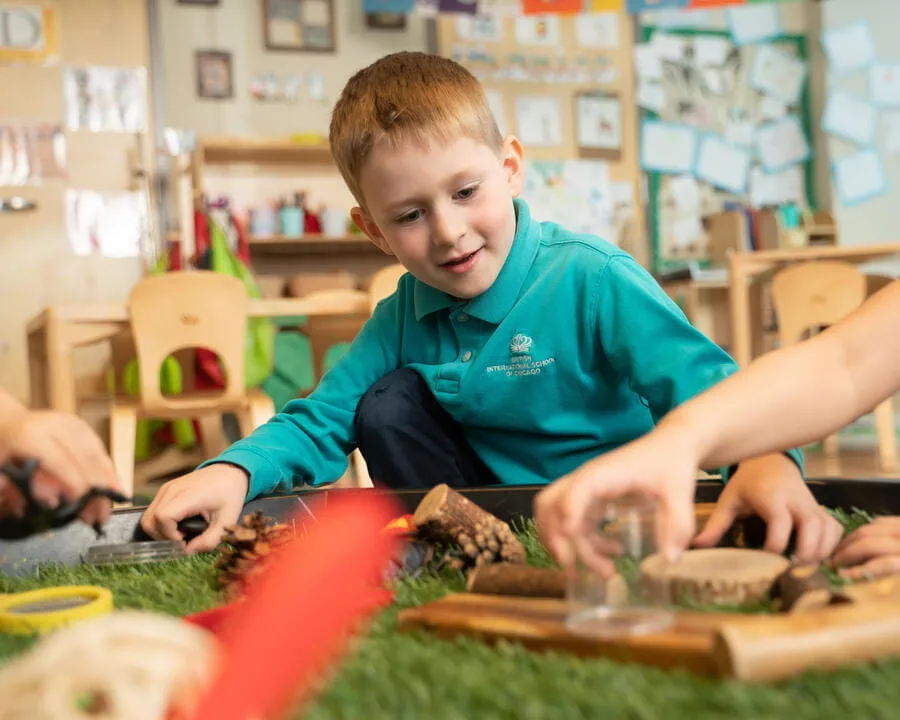How can a positive classroom culture be built and grown?
A couple of years into my career, I remember asking myself this question. Up until this point, my focus has been on maximizing academic progress, designing engaging and innovative lessons, and reacting to the behaviors of my students. I began to wonder whether there was more I could be doing to create a positive classroom culture?
I explored this concept further, reading broadly about the subject and a theme began to emerge: relationships. As soon as I began to approach my classroom management with the concept of relationships at the forefront, as my utmost priority, the culture in my classroom was transformed.

Human connection is essential to our health and wellbeing. Research shows that humans who experience closeness, consistency, and trust in their relationships, release more oxytocin which has many positive effects on brain development. This, in turn, is conducive to learning and growth. It also increases all stakeholders’ sense of community and belonging. This increases the likelihood that students will engage positively at school. We rely on others for approval, decision-making, problem-solving and social support. As a critical part of our identity development, we lean on relationships to support our transition through every stage of life.
After some thoughtful reflection, I incorporated these practices into my classroom as a non-negotiable:
Prioritize getting to know students as individuals, not just as part of a collective.
- Greet and say goodbye to the students each day.
- Interact in meaningful and personalized interactions with students every day.
- Observe the behaviors of students individually and their interactions in groups.
- Learn more about their interests and passions and recognize significant events or achievements in their lives.
- Make the classroom a welcoming, joyful and safe space
Model and teach kindness by utilizing uplifting language and respectful interactions.
Nurture a Growth Mindset by encouraging students to embrace challenges and frame errors as opportunities to learn, focusing on the effort and ‘journey’ involved as opposed to the outcome.
Acknowledge and appreciate when students demonstrate positive values towards themselves and others. Celebrate this with the whole class and encourage continued behavior.
.jpg?h=466.5&w=694.5&rev=5ceee1d4e70044d6b4d5c2fc06708ff4&hash=7EFFB65D9CD6740F684D6E70CB518BAF)
Co-create appropriate, fair and consistent expectations and responsibilities.
- Work together to establish responsibilities as a guide to expected behaviors in the classroom, phrased positively, i.e. ‘Wait patiently and raise your hand to talk’, as opposed to ‘Don’t shout out’.
When negative behaviors arise, use restorative conversations to establish four things:
- What were you thinking at the time?
- How do you repair the harm?
This encourages all to take responsibility and address harms, needs, and obligations.
- Separate the person from the choice – ‘You are not a bad person, but you have made a negative choice’. This allows children to ‘other’ their behavior; not to avoid accountability but to preserve their sense of self and their perception of themselves.
‘We, us, and our’
- Use inclusive language to emphasize a shared experience and create a ‘team’ atmosphere.
- Give the children ‘classroom jobs’ to build a sense of community, all members actively contributing to a shared environment.
- Conduct regular class meetings to give the children a forum to express ideas, share thoughts and feelings, and give and receive feedback - this allows children to feel heard and value and play a part in important decision-making.
Selfishly, relationship-building is the best part of the job for me! I spend most of my time with my students, meaning I get to reap the rewards of a positive classroom culture too. After all, we are a team.
Allen, Kelly-Ann, PHD (2022) The Power of Relationships in Schools: Growing and nurturing student belonging. Psychology Today.
The Advancement Project (2014) Restorative Practices: Fostering Healthy Relationships & Promoting Positive Discipline in Schools.
Sophia Knight
Year 5 Teacher & Primary Curriculum Director






.jpg?h=466.5&w=694.5&rev=5ceee1d4e70044d6b4d5c2fc06708ff4&hash=7EFFB65D9CD6740F684D6E70CB518BAF)


.png?h=788&iar=0&w=940&rev=d90cba9b09fb4c8fab7fac061b6b1f8b&hash=6370E2794516618F223C4FD12B4A6659)
.png?h=788&iar=0&w=940&rev=e02877cfbbd34d39a4004bda160f8aca&hash=BB926B3F4F803259E2B091B891F06F14)